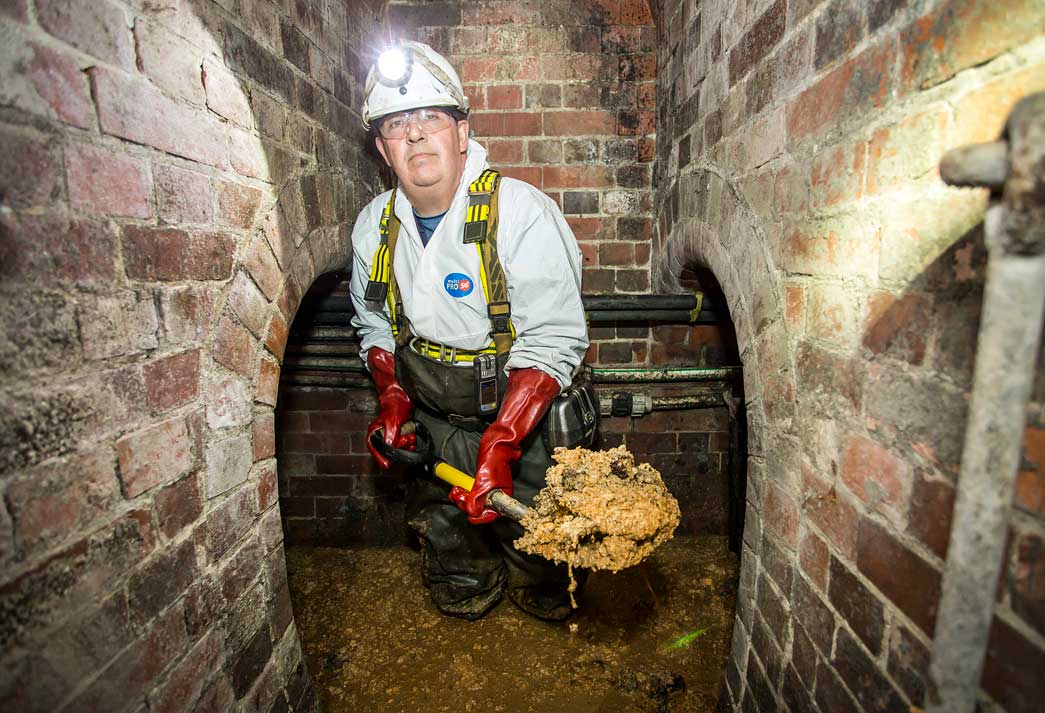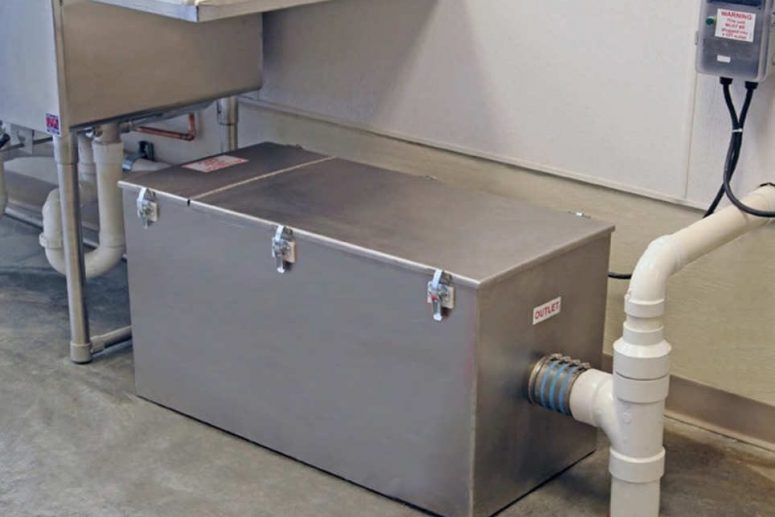
Legislation & Regulation
We can assist you in gaining a proper understanding of grease trap regulations and commercial kitchen compliance.
Sewer and drain blockages caused by FOG (FAT, OIL and GREASE) pose a significant economic burden, costing the country billions of pounds and presenting a growing issue. Legislation addressing drainage contamination has been in place for decades, with key clarity provided by The UK Water Industry Act 1991. According to this act, it is prohibited to introduce any substance into public sewers or drains that could harm them, disrupt the free flow of their contents, or adversely affect the treatment and disposal of their contents. Amongst various concerns, this provision is legally interpreted to encompass sewer contamination by fat, oil, and grease (FOG).

Document H to the Building Regulations, updated in 2002, offered guidance on reducing the risk of blockages. It stipulates that drainage serving commercial hot food kitchens should be equipped with a grease separator complying with BS EN1825-1 and PDI G101, or alternative effective means of grease removal. While this doesn't mandate specific equipment like a grease trap, it acknowledges that manual or automated grease separators are the most effective solutions for companies to adhere to the law and prevent FOG contamination.
Scotland, Wales, and Northern Ireland also have laws in place to ensure companies fulfill their obligations. Authorities are increasingly enforcing these regulations, with prosecutions exceeding £10,000 becoming more common.
Legislation serves as a deterrent, but beyond that, it makes financial sense for companies to implement a robust waste management policy. Aside from the risk of substantial fines, the costs associated with severe drain blockages caused by grease can be enormous.
